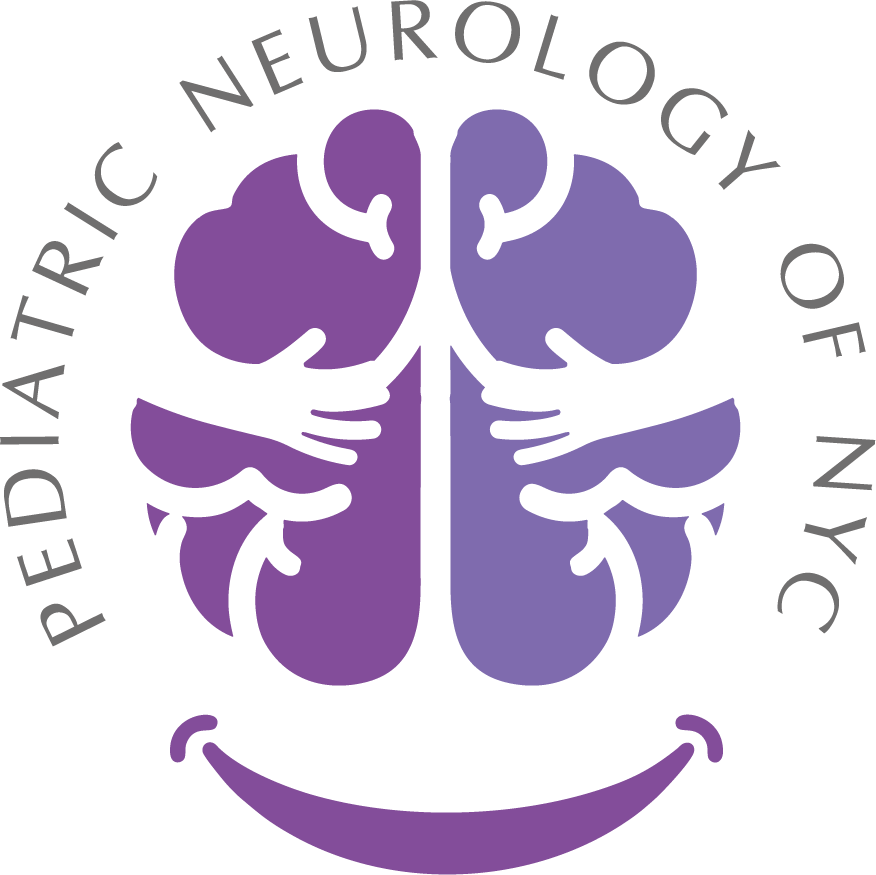Neuroimmunologic Conditions
Neuroimmunologic Conditions Treatment in NYC
Pediatric neuroimmunologic conditions encompass a diverse group of disorders where the immune system, which normally protects the body from infections, mistakenly attacks the nervous system causing inflammation. These conditions can affect children of various ages and can lead to a wide range of neurological symptoms and can often be challenging to diagnose. Careful consideration of autoimmune conditions that impact the brain and spine, systemic autoimmune conditions that can impact other organs and other non-inflammatory causes is crucial for proper diagnosis.
What causes Neuroimmunologic conditions?
Sometimes stress on the immune system, like an infection or a vaccine, can activate the immune system, but for reasons that are not always understood, the immune system overreacts and ends up attacking healthy tissues in the body. Other times, there may not be a clear trigger but there can be a genetic predisposition to autoimmune conditions. This overreaction of the immune system can cause symptoms in any organ system, like the skin, the lungs, the kidneys or the brain and spine. When this happens, inflammation is caused in the affected area of the body which can lead to dysfunction. At Pediatric Neurology of NYC, Dr. Jamie has extensive experience with these conditions as her role as a neurohospitalist in academic tertiary and quaternary care centers.
In neurology, this inflammation can lead to conditions that cause inflammation in different parts of the brain and spine.
Home » Neuroimmunologic Conditions
Demyelination or injury to the “insulation” (white matter) of the wires of the brain and spine, known an lead to conditions such as:
- Multiple Sclerosis
- Acute Disseminated Encephalomyelitis (ADEM)
- MOG associated disease, Neuromyelitis Optica (NMO)
- Transverse Myelitis
- Optic Neuritis
When demyelination happens in the peripheral nerves, this can lead to conditions like:
- Guillain-Barre Syndrome (Acute Inflammatory Demyelinating Polyneuropathy)
- CIDP (Chronic Inflammatory Demyelinating Polyneuropathy)
Other times, different parts of the central nervous system can be involved. For example:
- Acute Flaccid Myelitis (inflammation of the grey matter in the spinal cord)
- Inflammatory Myopathies (inflammation in the muscle)
- Central Nervous System Vasculitis (inflammation of the blood vessels)
- Neurologic complications of systemic disease like Lupus
Autoimmune Encephalitis is a group of disorders that can cause inflammation in the brain with associated neuropsychiatric symptoms, movement disorders and other acute neurologic symptoms. Sometimes, these conditions are associated with specific antibodies which can be related to certain cancers/ tumors, other times occur without a clear cause. The most famous condition in this group is Anti-NMDA Receptor Encephalitis which was popularized by the book “Brain on Fire”. For the pediatric population, this also includes disorders like Sydenham’s Chorea which is related to Rheumatic Fever.
How are neuroimmunologic conditions diagnosed?
The diagnosis of neuroimmunologic conditions begins with a careful history and exam with attention to the timeline of symptoms as well as their developmental and psychiatric history before the onset of the concerns. The history will help to determine what testing needs to be done, which may include imaging of the brain with MRI, EEG to evaluate the brain waves and labwork to look for signs of inflammation. Labs may be done from the blood or from the cerebrospinal fluid (CSF) which is obtained through a lumbar puncture (LP). These pieces of data are used together to determine next steps in workup and treatment.
At Pediatric Neurology of NYC, Dr. Jamie spends as much time as needed to review records, discuss the history with the patient, their family and others that may provide insight to determine the appropriate workup while supporting their overall wellbeing.
What treatment options are available?
Decreasing inflammation is the mainstay of treatment for acute symptoms of neuroimmunologic conditions and may include treatments with medications like steroids or IVIG (intravenous immunoglobulin). Depending on the condition identified, sometimes more treatment is needed to also decrease the risk for recurrence of new symptoms or attacks. These treatments may be targeted at controlling the immune system. This area of treatment is rapidly evolving as we learn more about these conditions.
Can these conditions be treated successfully?
Some neuroimmunologic conditions are monophasic, meaning they occur once and after they resolve do not recur or cause recurrent attacks. Other times, like with multiple sclerosis, ongoing treatment to decrease the risk of relapse is needed. For many children, treatment is extremely effective and symptoms can completely resolve. Following up with a neurologist after diagnosis of a neuroimmunologic condition is important to determine what surveillance testing and treatment is needed which may require medications or therapies like physical therapy, occupational therapy, speech therapy or psychotherapy to help with persistent symptoms and recovery.
At Pediatric Neurology of NYC, we are dedicated to the ongoing wellbeing of our patients and their families and have spent time building a network to help you and your child reach the best outcome possible. Contact us today to set up a consultation for your child.
